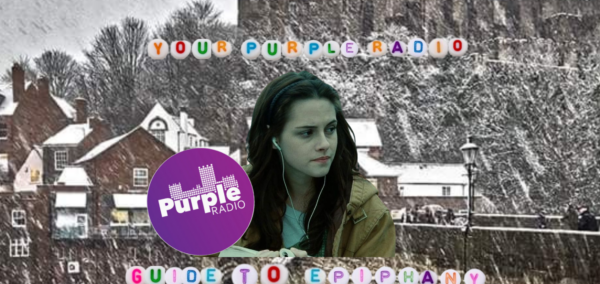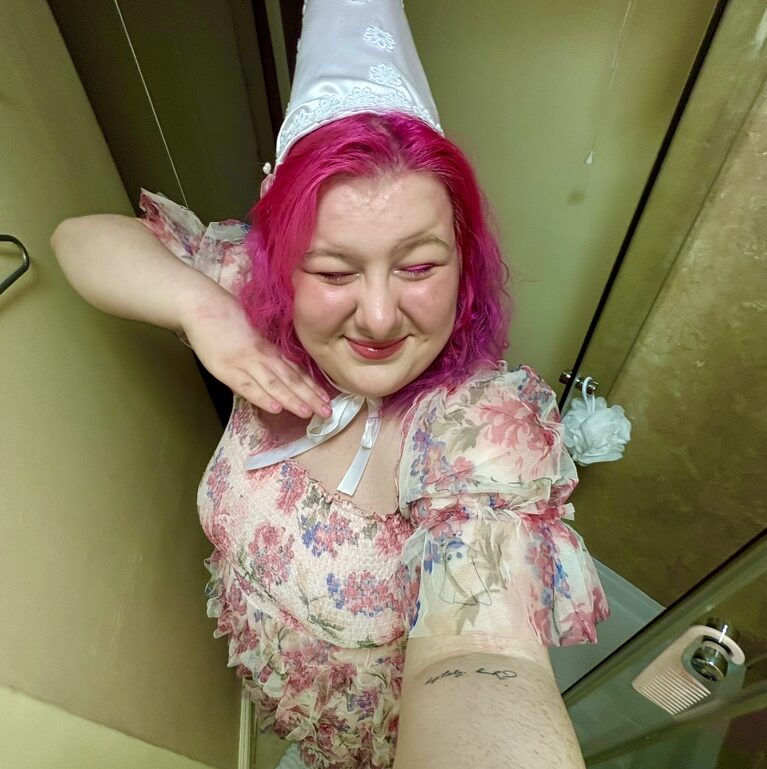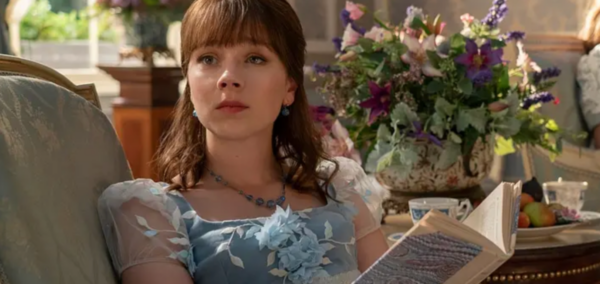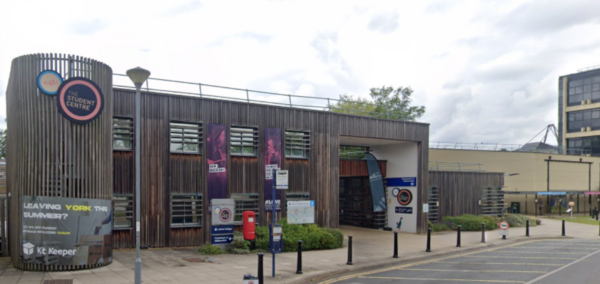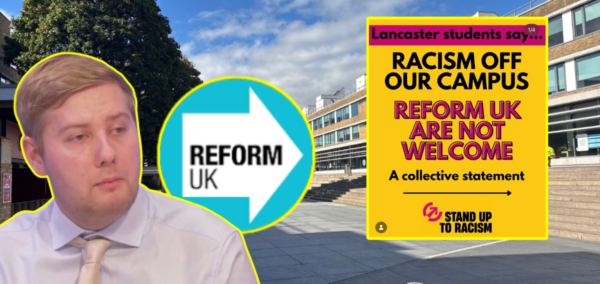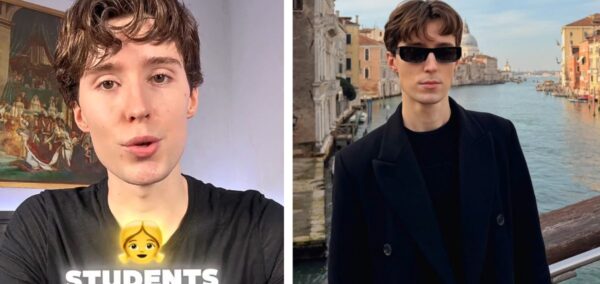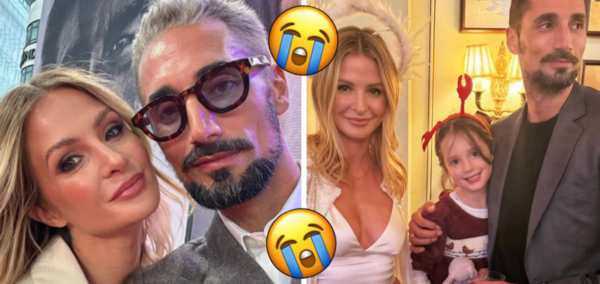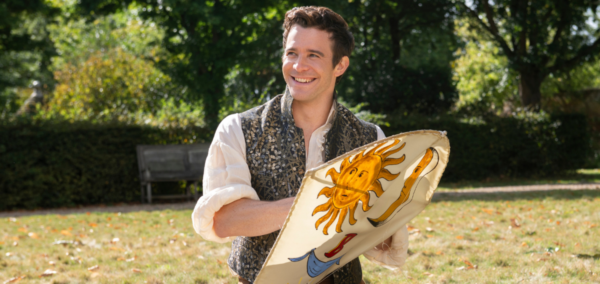
How the Love Island influencers finally lost their relevance
Inside the rise and fall of the most lucrative reality TV show career in history
When Brett Staniland was scouted for Love Island in 2021, it was *the* show to be on. Molly-Mae had become a multi-millionaire, the previous winners had millions of Instagram followers, and there were more applications to be an Islander than to Oxbridge universities.
“It was a great and fun opportunity, and you often think of what it might be like to come home to a million followers,” Brett tells me of when he first found out he’d been successful.
But, that’s miles apart from where the Islanders of today are. Fast forward to their situation now, and none of them have over a million followers, PrettyLittleThing has announced it’s not doing collabs with any contestants, and people are speculating if the time of being a Love Island influencer is over.
And to put it straight – it is. People are begging for authenticity now. The queen of reality TV Kim Kardashian is boozing in UK pubs, and mother of all Love Island winners Ekin-Su has been dropped from all but one of the branded deals she got since leaving the villa.
“Many of the new influencers coming from the show treat their followers like customers, rather than like a community, and I think the followers are becoming bored of it and see straight through people doing lots of ads now,” Brett says. “It’s also pretty unoriginal, many Islanders lack creativity and originality.”
In the past we’ve been bombarded with news of six-figure and even seven-figure deals with Islanders straight after they leave the show, and these days that’s not an expense brands are willing to take. “It’s expensive and fast fashion brands now need to be very strategic with money as many of them will be facing financial problems,” Brett explains.
Most Read
He questions if the return on these huge deals is now living up to what they used to be, as we’ve seen recently with Ekin-Su being dropped from lucrative collaborations. When it was reported Ekin-Su had been dropped from her £1million deal with Oh Polly, it was said to be because the deal “wasn’t working” and her range “struggled to appeal to Oh Polly’s customer base”. Her range has since been placed into a sale, in an attempt to flog it at a bargain price.
As well as the clear lack of originality with content Love Island influencers are giving us, the figures themselves do the talking. Islanders this year had to put their socials on hold whilst in the villa, and the backlash of this has been clear: They’ve gained next to no followers.
Winners Kai and Sanam have less than 400k followers, in comparison to last year’s winners Ekin-Su and Davide having 3.2million and 1.8million respectively. Year on year, Islanders try and say they’re on the show for all the right reasons, but we’re not naive, we know the promise of followers is a huge draw.
Brett says, despite the best attempts from producers to shut these conversations down, Islanders chatted to each other in the villa about hoping they’d gained followers. They genuinely thought their social platforms would be their careers, and it would be goodbye to day jobs.
“There was lots of talk about people who had very stable jobs and even mortgages and how they were adamant on going full time into social media,” he says. “I know it was always the plans for some contestants I was close with from my year, they did the whole thing in order to become an influencer within their profession. Which I actually find really frustrating.”
He adds “of course” the Islanders are “very curious” about their followers, and says as a bombshell, Islanders asked him if he’d seen how many followers they had. “While I was there other contestants were asking how many followers they were at the last time I saw, and it seemed high in importance to most contestants,” he says. “It is one of the first things you want to know when you get out. For me it wasn’t that important I was content with what I had, but naturally, you always want more.”
A trend expert at discount platform Wethrift says this sort of approach to the show simply isn’t sustainable anymore – saying the social ban has “destroyed” the idea of becoming an influencer after the show.
“Year on year, we’re starting to see a significant drop in the number of followers the Islanders are securing throughout their time in the villa,” they tell The Tab. “This season, it seems the lack of engagement on social media has had a significant impact on the number of followers contestants have gained. It’s highly likely that this blow will have a negative influence on the brand deals and endorsements, thus destroying any hope of a lucrative influencer career.”
They’re not wrong, lucrative it’s not. In figures obtained by The Tab from Wethrift, Islanders this year can expect to earn pennies in comparison to previous Islanders. Let’s take a look at the winners: Sanam can earn just £959 per Instagram post, and it’s previously been reported Ekin-Su can charge 30 times this figure, £28k.
The highest Love Island Instagram earner is of course Molly-Mae, who can charge up to £60k for just one post, whereas Tanya from 2023’s season can charge just £600. Even Dr Alex, who didn’t even make the final of his season in 2018, is one of the show’s highest Instagram earners, charging up to £16k per post. 2023’s highest earner is Will, and his fees are just £1.8k.
The show has a problem on its hands following the social ban: Is this the final nail in the coffin for people wanting to apply? Brett seems to think so, saying people have “assumed the show is a ticket to an easy million followers and financial success, and this will dampen that.”
He agrees with ITV, that on the surface the idea of the social ban seemed like a perfect solution to safeguard Islanders’ mental health, but thinks there were other solutions to this problem which wouldn’t have caused the backlash this has.
“While I was away I had my brother and two friends helping with my social media, so when one got overwhelmed or didn’t like reading the comments and messages they could hand it off to another person so the burden was shared,” he explains.
“There should also be proper social media training for the handlers in advance so they know how to navigate hate comments etc, and how to report things. I think there’s also the possibility the ban will negatively affect the mental health of contestants, as when they get back home and realise they haven’t grown as much of a following as they were expecting (and in some cases they’d have quit their jobs) this can be quite demoralising for some.
“Further, this might cause a backlog of hate which has been building ready for the reactivation of their accounts, which can be very overwhelming rather than it being spread out over the course of their time there.”
So, what’s next for the Love Island influencer machine? If the data is anything to go by, we’ll never get another Molly-Mae, and applying for Love Island isn’t a safe investment. The closest to nailing it is this year’s Will and Jessie, giving us new and real content, sharing their wholesome lives on Will’s farm. In return, they’ve got the most followers and can charge the most on Instagram – not that it’s looking like that’s the route they’re taking – thankfully.
Related stories recommended by this writer:
• Revealed: How much the Love Island 2023 cast can earn on Instagram is painfully low
• Jessie and Will deserve their own TV show and these 15 vids since they left the villa prove it
• An intense rundown of the Love Island 2023 contestants who are currently beefing one another







